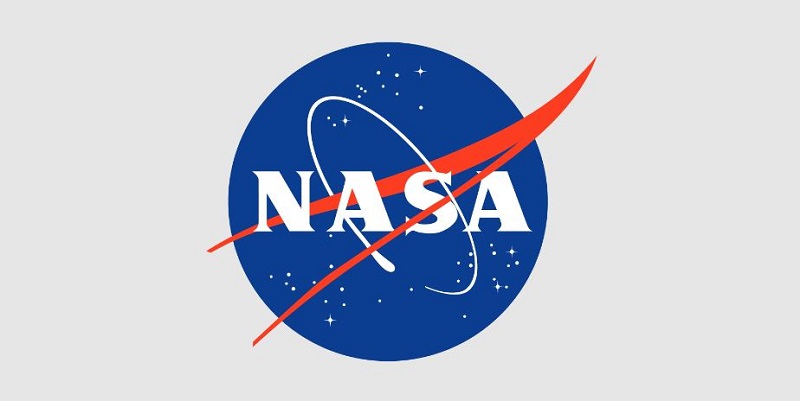Securing Online Presence, Read More For Detail Information
Image: YouTube
The issue of data protection excited after Facebook user’s data was shared for the use of election manipulation by Cambridge Analytica. The problem was not a small deal it affected many users. Our private data hand over to an entity with assurance and expectation of confidentiality being exploited by a third party for the nefarious purpose should elicit a strong response. Before raising a voice in such kinds of issue, we should remember the negligence that we perform while being online.
Our carelessness has contributed a lot to such kind of matter. For some unaware people, social media has been a platform to disclose variants of confidential information. Many people publish their personal information on social media and reality; they don’t will to share such kind of information with strangers. These kinds of things can take place when there is a lack of awareness. The primary reason behind these kinds of incidents is the lack of proper education regarding the negative sides of internet stuff. People feel that the online world is an extension of the real world and think our real life is detached from our digital life.
It’s our neglecting habits that are creating a disastrous issue on the internet and social sites; we even do not read the terms of services in websites and software which are essentially binding legal contracts.
Each day attackers are attacking in different parts of the internet; people seriously need to be aware of cyber attacks. They should learn to safeguard their email and social media accounts. The experts have predicted, with the pace of time different kind of attacks on internet stuff can emergence. The challenges and threats are unpredictable; they can even ruin our life.
ThreatNix, a service provider regarding cybersecurity, have made a list of steps that you should follow to keep your data and yourself safe. Follow these steps to stay secure:
- We do not recommend you share your private information anywhere on the Internet unless it is necessary and you completely trust the website. Such a site should be secured with HTTPS protocol.
- Be attentive of EULA and, terms and conditions for software you use and websites you signup to. While reading these long legal documents can be instead demanding, services like or can be useful.
- Make sure that private information that you have provided on social media is not sensitive and publicly visible.
- Be very suspicious of apps asking for authorization to your private information
- Do not allow any apps to access your online profiles unless necessary and the app is from a trusted vendor
- Be critical of information you provide even to trusted and well-known websites
- If using VPN services make sure your IP, DNS or other traceable information is not leaking via the use of services like https://ipleak.net
- Only use genuine software
- Regularly update your systems
- Be very skeptical of random pop-up windows, error messages and attachments
- Make sure you use different passwords for each of your accounts.
- Use strong passwords that can’t easily be guessed. Use password managers such as LastPass and 1password to make it easy to use a strong password and store them securely
- Always log off if you leave your device
- Use two-factor authentication where possible
- Think twice before clicking on any link you receive in emails or private messages.
- Never trust an email that’s too good to be true
- Keep your antivirus and spyware detection software up to date.
- Use Adblocker in the browser
- Install nominee addon to block crypto jacking
- Enable Popup blocker in a browser
- Never download and install unwanted and suspicious media-player/antivirus/games from untrusted sources
- Don’t pick up and plug-in pen drives that you find lying around.
- Never torrent or download cracked games/windows/software from untrusted sources, as most of them have been modified to perform malicious actions.







